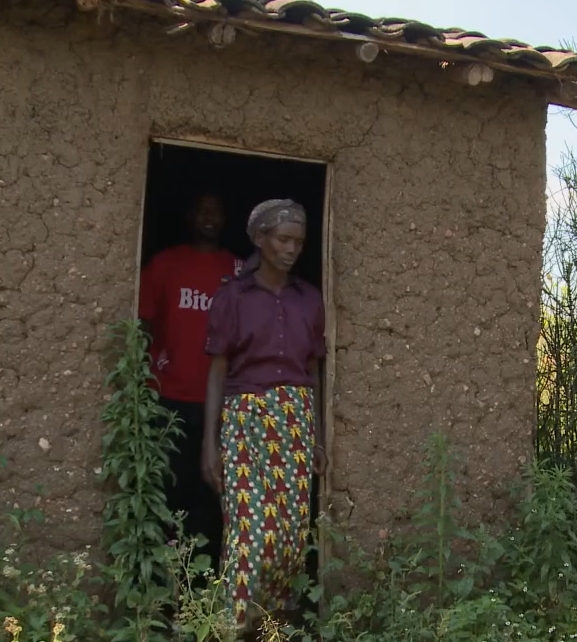
Post-Gacaca compensations for survivors: A missed opportunity for Reconciliation in Rwanda by Albert Gasake
In this paper, Albert Gasake, Legal Advocacy Coordinator at SURF, examines the problems that persist for survivors in obtaining adequate and meaningful compensation for material assets that were lost during and as a result of the genocide. The failings of the Gacaca court system, which closed in 2012, are considered along with the shortcomings of the succeeding legislation that was intended to address unresolved issues of compensation.
The value of the Travaux d’Intérêts Généraux (TIG) initiative that was first introduced by the Gacaca courts is considered, and the paper questions whether this community service scheme is in fact diverting compensatory measures for survivors into public works as part of a programme of nationalisation. The lack of impact that TIG has on the living circumstances of survivors is related with respect to the imminent report of the Prime Minister’s Special Committee on Gacaca . The remit of this Committee is examined in the paper and concludes that its task is not only unfeasible but that failure to achieve it may jeopordise the chances for future settlement of compensation issues.
The paper also draws on informative evidence gathered by the surveys and community dialogue programmes of the National Unity and Reconciliation Commission, which illustrate survivors’ fears about the inadequacies of the compensation processes.
The paper concludes that the efforts since the genocide to address compensation for survivors have been largely inadequate and that this is hampering the process of reconciliation in Rwandan society. He argues that further study is necessary in order to establish a reparation system that can be seen as effective, particularly by survivors themselves, and that the need for this is timely in the approach to the twentieth anniversary of the genocide, as the momentum to compensate survivors appears to be faltering.
The full paper can be downloaded here
